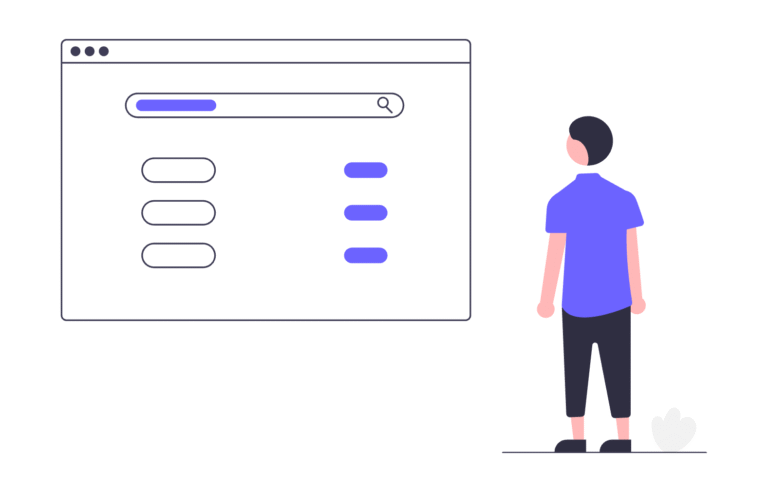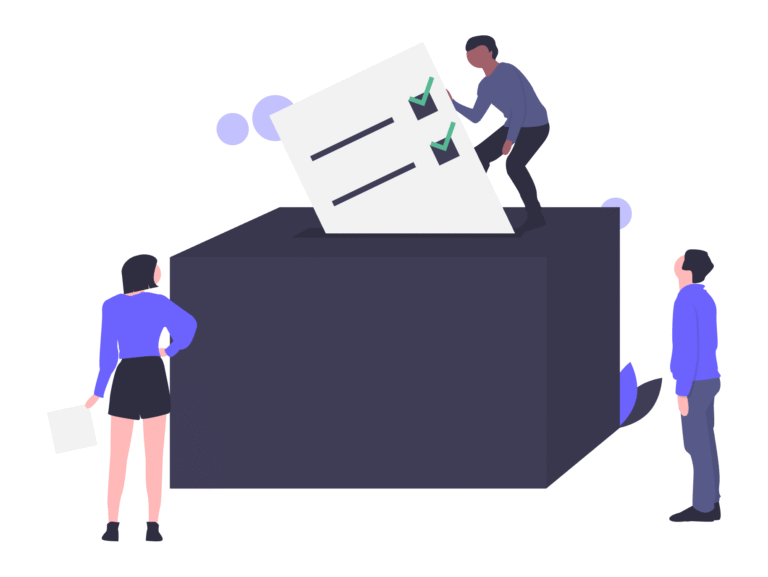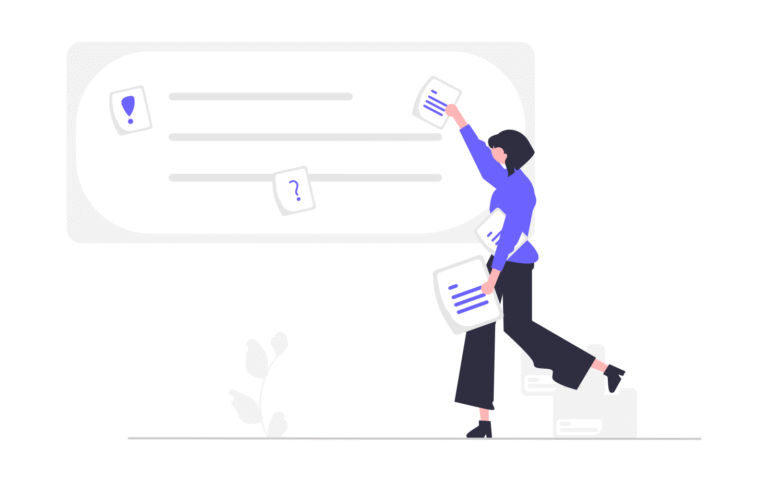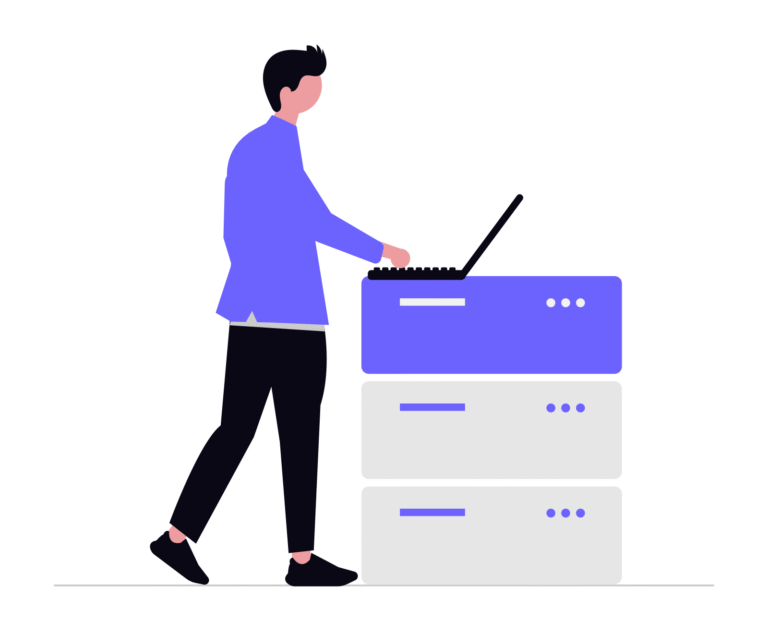AI tools are everywhere — drafting emails, summarizing documents, and even brainstorming strategies. But with convenience comes a new risk: what happens when employees copy and paste sensitive business data into a chatbot?
The hidden danger
- Unintended data exposure — Anything pasted may be stored, logged, or used to retrain models.
- Compliance violations — Sharing personal data, contracts, or financial info may break GDPR, HIPAA, or industry rules.
- Shadow AI — Teams experiment with tools outside IT’s control, creating blind spots for legal and security.
- Future leaks — Even if vendors promise privacy, once data leaves your company, it’s never fully under your control.
A real-world scenario
A project manager pastes client contracts into a chatbot to “make them easier to summarize.”
Later, the chatbot provider suffers a breach. Suddenly, confidential terms — pricing, discounts, client names — appear in the wrong hands.
The result? Breach of trust, regulatory fines, and competitive disadvantage.
How to stay safe
- 🔒 Set clear rules. Define what data can and cannot be shared with AI tools.
- 🛡 Use enterprise versions. Many vendors offer privacy-first options that don’t use your data for training.
- 🧩 Educate staff. Remind employees: AI chatbots are not “notebooks” — they’re external systems.
- 📊 Monitor usage. Treat AI like any SaaS tool: track adoption, review risks, and control access.
- 🤖 Keep sensitive data internal. If AI is needed for confidential tasks, explore private or on-premises deployments.
Final thought
AI can boost productivity — but without guardrails, it becomes a data leak pipeline.
Before your team pastes the next contract, customer list, or strategy into a chatbot, ask:
Would I be okay if this text ended up outside the company?
Because once it’s out, it’s no longer yours.



